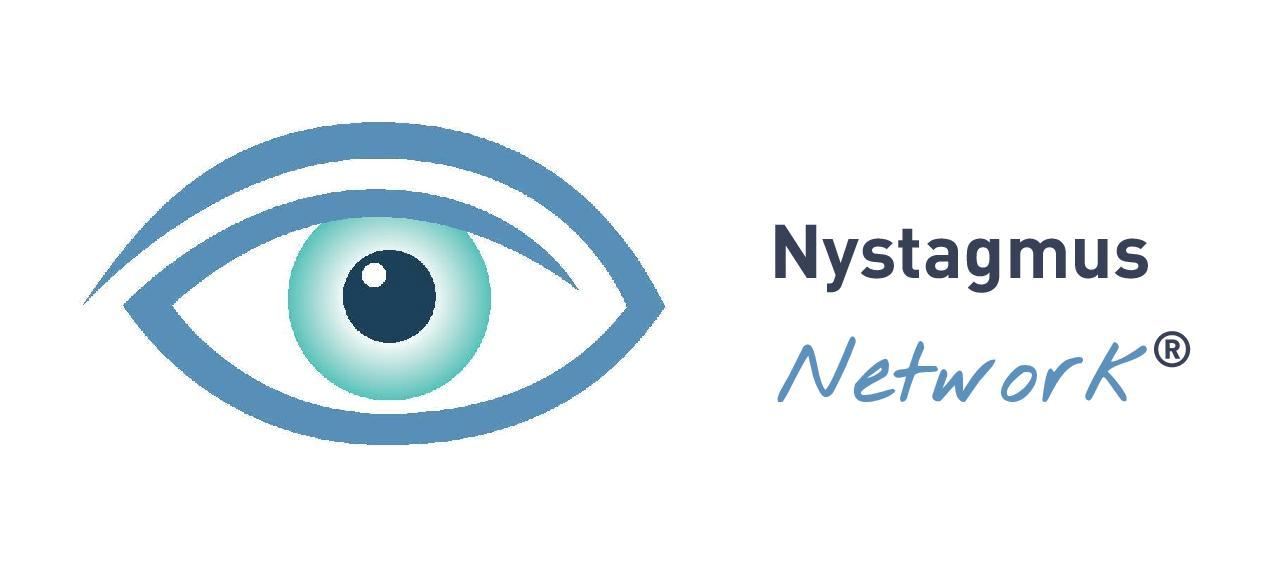This year for Nystagmus Awareness Day people are sharing their personal stories to help everyone understand what it’s really like
You can share your story here
This is Harshal’s story …
Our story starts in a nearby shopping centre, with a chance encounter with a friend who was working in the optician’s. She looked at our 6-month-old son, took a pause and then said “Wait here a minute”. She returned shortly after with another colleague who looked inquisitively at our son. They both looked at each other and then turned to us. “I think you should get him checked out” our friend said, in a calm and gentle manner. Our friend went on to say that she’d seen eye movements like our son’s before, but only during her studies and that it was best to get it looked over.
From there, the next 6 months or so are a bit of a blur. Right from the get-go, our consultant was pretty much certain that our son had nystagmus from birth. We always thought we had an inquisitive baby, not even thinking for a second that those eye movements signalled anything else. Nor did any of the friends or parents we regularly met. We had appointments, checks and lots of different tests to rule out anything more untoward and, at the end, we were pretty much in the same place, albeit with more confidence that our son had nystagmus. The consultant said that he would need to have routine check-ups to monitor his vision and that it was too early to tell how much his vision would be impacting his day-to-day life.
Fast forward six years and he is now in the local primary school and experienced his first taste of exams (Key Stage something or another): not that he can remember what he did or when! Thankfully the papers were already in larger text and spaced out, given the age range being tested. But like any cautious parents, we questioned if he needed any adaptations. No was the general response – he’s doing really well generally in his lessons and they will keep a check on him should that change. Life has been pretty uneventful for us when it comes to his nystagmus, with all the classes and clubs going ahead as normal. I don’t think any of his friends remember (or even recognize) that he’s got an eye condition. Thankfully we have just let it play out and he’s like any other child really. Sometimes we question whether he really needs to get so close to the tablet (for his homework), or whether he’s just being clumsy or less attentive when certain things happen. I expect things will evolve as he gets older and that the Nystagmus Network will have a lot of advice and guidance as and when we need it.
So back to the charity. Just after his diagnosis, I found the Nystagmus Network through a quick Google. I signed up immediately and became a member with a simple direct debit, thinking little of it for the first few years. The open days caught my attention but overlapped with work and family commitments so my interactions were limited to reading emails and looking over the resources on the website from time to time. Then a little later (sparked by some communications where the charity was looking for support) came an urge to use my professional background more in my personal life – that’s when I sent off an email to the Nystagmus Network to see if I could be of any help. Fast forward a few years and I’ve had a wonderful time volunteering and more recently as a trustee, helping the organisation provide the valuable support, awareness and breaking new ground in research for those with nystagmus.
From the day of my son’s diagnosis, we knew it would be a part of our lives from there forth. Little did we appreciate that it would also open us to a community that has been curated, nurtured and empowered by the Nystagmus Network. I would like to take this opportunity to say a big thank you, not just to the charity that makes all these things happen, but also to members young and old, with their families who engage with the charity and have shared their incredible experiences and learnings – we are stronger together and shining a greater light on this condition in our own unique ways.
Thank you for reading our story.
Harshal




